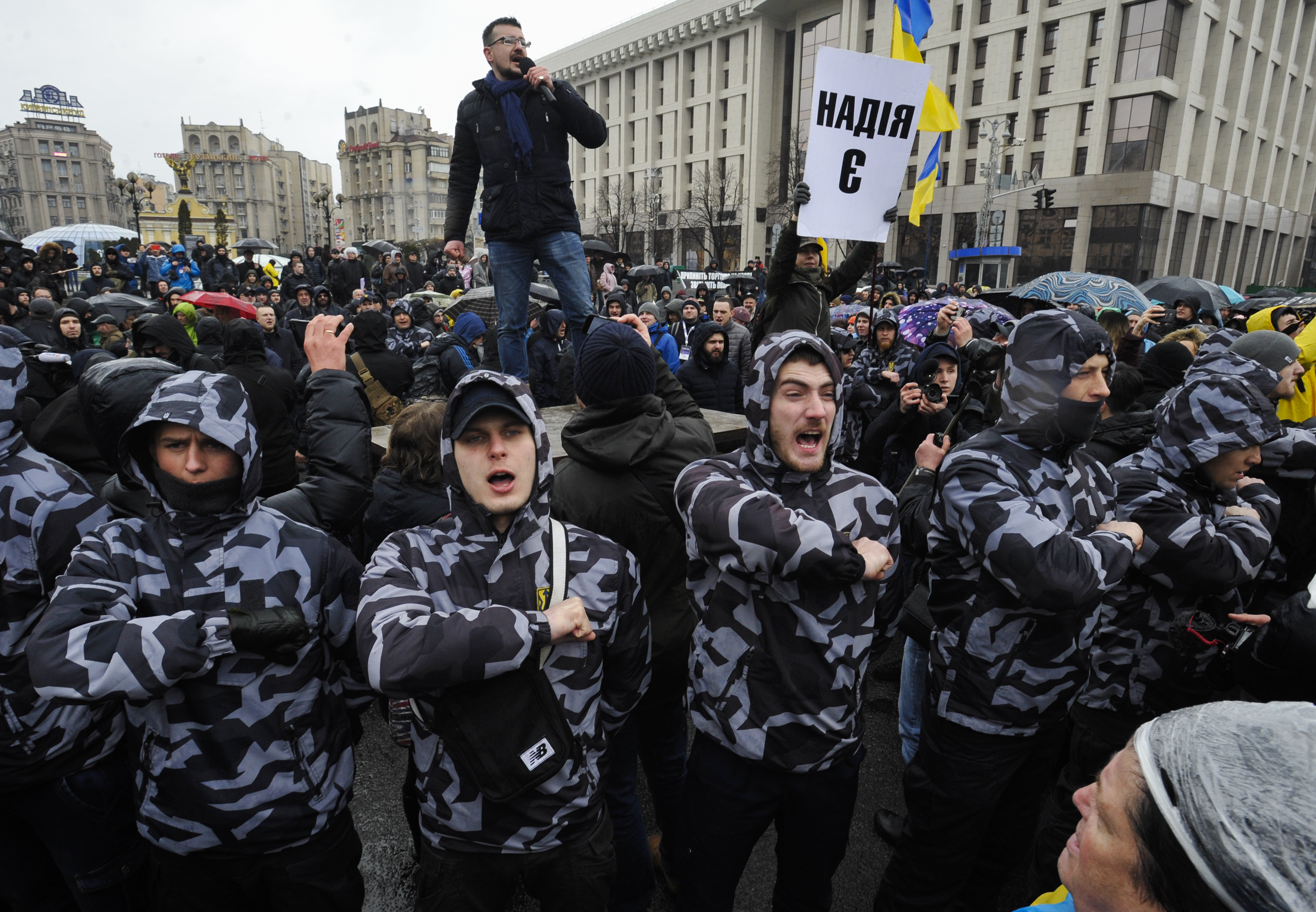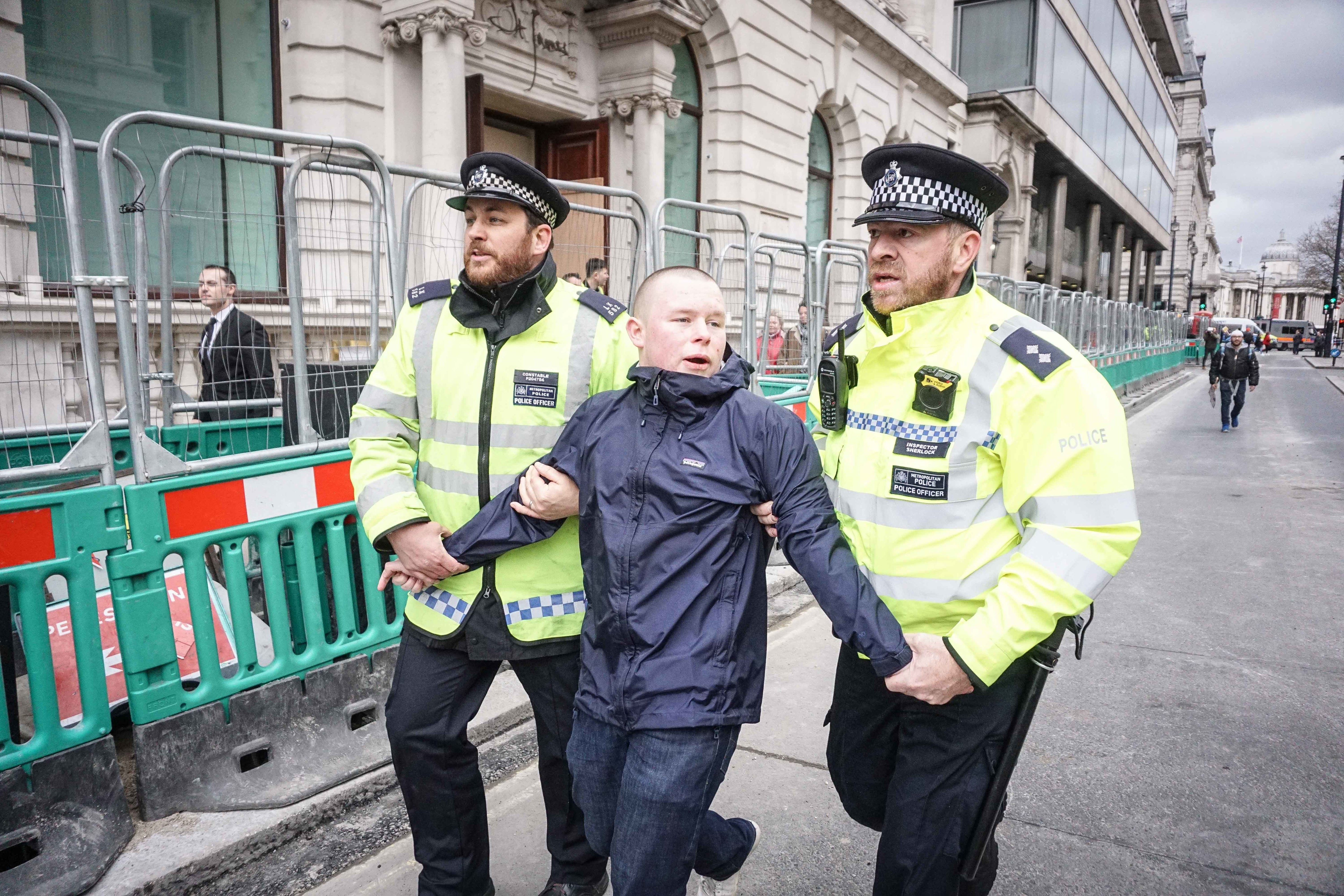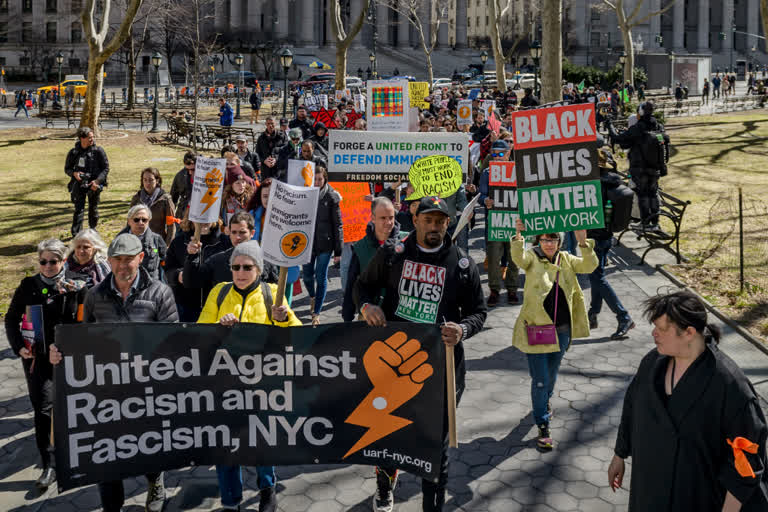Hyderabad: It is all about insecurity. That is the seed, only the tree is growing bigger with numerous branches. So you have loss of faith in the age-old institutions, anger at the current political establishments, fear of cultural invasion from immigrants, anxiety over terrorism - and all these water the huge tree we see today in the form of the far-right.
What happened in New Zealand is just a manifestation of that insecurity. The only difference is that whereas in many European countries what the newly sprung-up political parties are voicing among other things, here in New Zealand a lone wolf articulated that with an assault rifle - STOP immigration.

Immigration is one thing and surely a very big thing in the thought process of the far right groups. Why? Simply because the leaders and supporters of theses groups in various countries believe either for political expediency or from gut feelings that hordes of people who are migrating from troubled countries especially from Muslim countries are sure to take away their jobs, change their cultural identity, and above all create scope for terrorism. These sentiments are in full play in Hungary, in the Netherlands, Germany, Italy, France and in a host of other European countries.
It is manifest in the US too. The white supremacist attitude that was prevalent in the US was mainly towards the blacks. No doubt the case is still so, but the ire is now also directed at the Muslims especially after 9/11 and more recently after the ascent of Donald Trump. Sometimes the Sikhs become the targets by default.

Remember, one of the first things that Trump did after becoming the President is to blacklist a number of Muslim countries in order to stop people from there coming to the United States. Viktor Orban, the Hungarian Prime Minister is already branded as an anti-immigration politician.
In the past two decades economic downturns have badly affected countries. The rapid globalization in the past thirty years has obliterated economic boundaries of countries and made the world flat bringing in the process greater movements of goods and increased standard of living but at the same time the devouring of smaller businesses by multinationals. And this has spawned a whole lot of disparities and new games. Abysmal inequalities have unsettled tens of millions of people instilling in them a sense of insecurity.
Consequently, common people are losing faith in their governments, current establishments, and existing institutions. Growing insecurity resulting from changing economic activities and from the onslaught of fast evolving technologies, has unnerved people. People now want change. Yet, there is no clarity about the kind of 'change' they really want. And here they are carried away by the dream of a new order, however vague, as espoused by the far-right parties and groups.
The problem comes when these far-right outfits consider aggressive nationalism a panacea for all the social and economic ills plaguing their countries. This concept of strident nationalism by its very nature is intolerant of everything its adherents believe threatens their security. So they hit out at everything and everybody which or who they perceive as threats to their economic, cultural, religious or demographic security.

In case of European countries immigration from Muslim countries is perceived as the biggest threat mainly because Europe has seen the largest influx of refugees from middle east countries in the recent years. The far-right parties and groups believe these immigrants would change their demographic advantage, dilute their cultural identity, take many of their jobs, and start possible terrorist activities if their entry is not checked. Thus often the migrants are targetted by far right activists.
In case of the US, it is not the Muslims alone but Mexicans in greater degree and Indians, Chinese technocrats in lesser degrees become the butt of aggressiveness.
In Asian countries like Thailand, the Philippines, in Myanmar and in a host of other countries -hostilities are growing against groups of people. In these countries economic backwardness, caste, social status,religious identities - all come under attack from the so called nationalists or far rights. It is a clear divide between we and them.
Also Read:This volcano doesn't scare people
So the rise and spread of the far-right is a world phenomenon today though it takes different hues in different countries. The most worrying thing about this development is that it is impacting the democratic discourse in a great way. Which means the coming of an age where the rule of constricting intolerance is the becoming the new world order.



